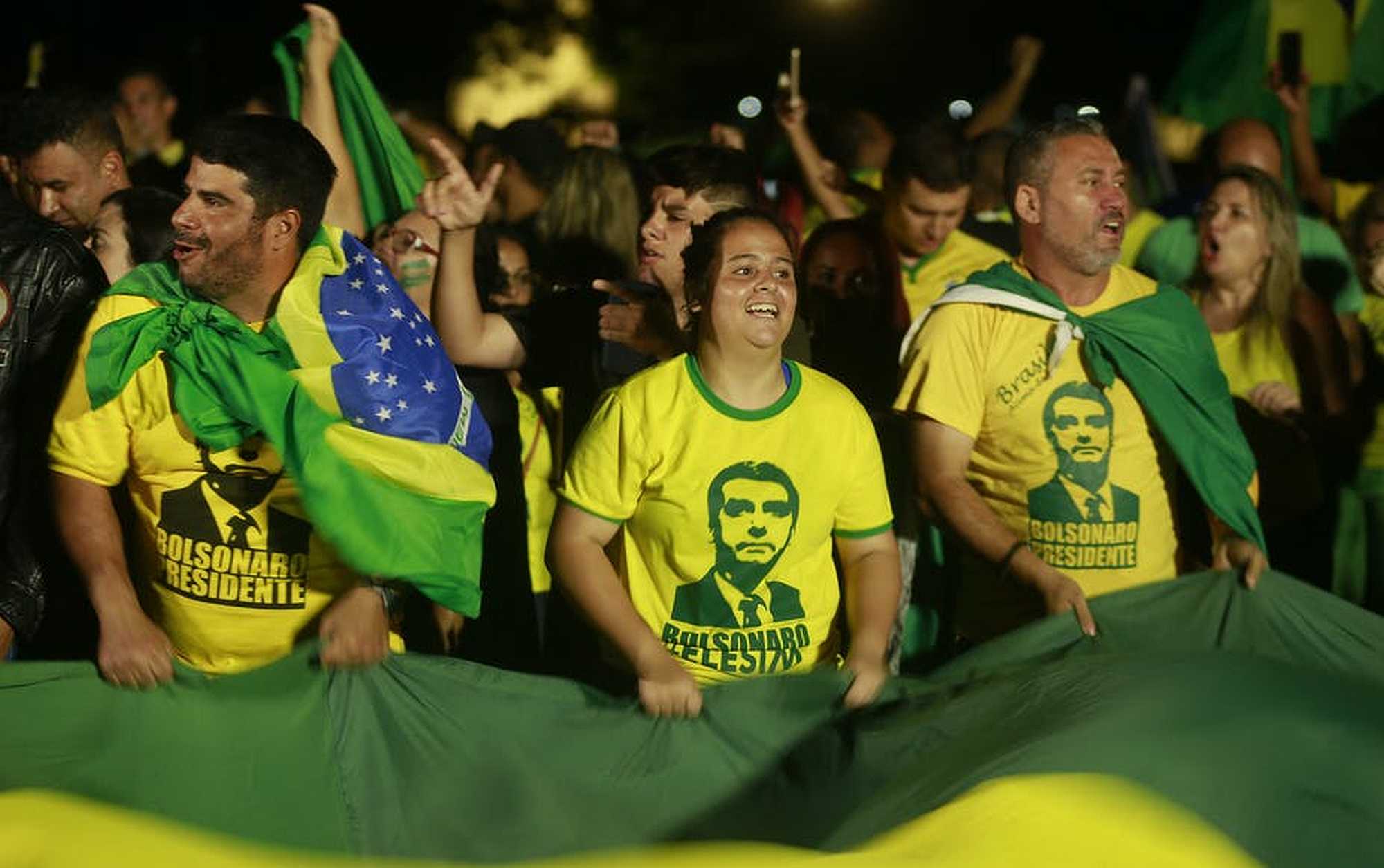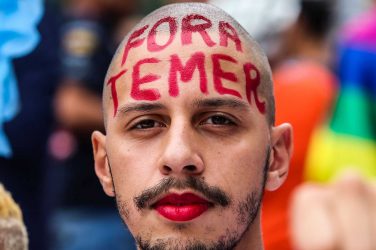While the rise of populist politicians in Europe and the US gets a lot of attention from the media and researchers alike, the drivers of the populism taking hold in emerging and developing economies still receives relatively little scrutiny.
In a new working paper we provide new evidence tracing the rise of populism in Brazil – through both the victory of presidents Luiz Inácio Lula da Silva in 2002 and Jair Bolsonaro in 2018 – to regional economic shocks caused by a process of trade liberalization that began in the early 1990s.
Both Lula and Bolsonaro were able to mobilize voters by amplifying divisions caused by trade shocks and subsequent periods of austerity. But the two leaders were elected on very different platforms and narratives.
Economic Shocks
In 1990, the government of Fernando Collor de Mello started to implement a large program of trade liberalization in an attempt to modernize the economy. Between 1990 and 1995, import tariffs were reduced from an average of 30.5% to 12.8%.
This reduction was uneven across regions and sectors. For instance, while the level of tariff changes in the agriculture and mining sectors were relatively small, in sectors such as clothing and rubber, import tariffs reduced by more than 30%. This meant that local industries faced larger increases in competition from cheaper imports with adverse consequences for some local economies.
The impact of these new tariffs varied across Brazil’s microregions – groups of economically integrated municipalities – depending on the concentration of different sectors in each area. Microregions that experienced the largest tariff cuts became more vulnerable to international competition, affecting the labour market and the structure of Brazil’s economy.
This shock led to long-lasting declines in formal employment and in wages relative to other regions. Some of Brazil’s largest cities, including Belo Horizonte, São Paulo and Rio de Janeiro were highly affected by the tariff changes.
As our analysis shows, these effects persisted for decades and affected the political preferences of Brazilians. We found those microregions across Brazil that experienced the largest tariff cuts in the early 1990s were more likely to vote both for Lula in 2002 and for Bolsonaro in 2018. These microregions also recorded significant numbers of swing voters from Lula to Bolsonaro.
The effects of the trade reforms were further amplified by periods of austerity that hit Brazil just before the two elections. Both Lula and Bolsonaro exploited the effects of austerity and previous effects of the trade shocks by building political agendas that appealed to those voters who had lost out either economically or socially from the interaction between these economic shocks.
From Leftwing to Rightwing Populism
But while these economic factors are directly linked to the rise of populism, they don’t explain its different varieties. Lula’s leftwing platform was very different from Bolsonaro’s far-right agenda.
This dramatic shift in Brazilians’ preference for leftwing populism in 2002 and for rightwing populism in 2018 is explained by the different political strategies Lula and Bolsonaro used to capture large enough constituencies.
On the left, Lula took advantage of the austerity policies of his predecessors in the early 2000s, which lead to dramatic rises in inequality, to amplify economic cleavages in society. Lula’s variety of populism resulted in one of the largest social protection programs in the world and large reductions in poverty and inequality.
But these achievements were marred by accusations of corruption and economic mismanagement, for which Lula was convicted and imprisoned between 2018 and 2019.
On the right, Bolsonaro took advantage of the austerity policies implemented between 2015 and 2018 by the government of Dilma Rousseff, Lula’s successor. Bolsonaro also played on voters’ feelings of insecurity by promoting a strongman image, strengthening social and cultural divisions and anti-migration sentiment.
His variety of populism has resulted in the reversal of decades of economic development and climate adaptation and one of the world’s largest death rates related to COVID-19.
Across the world, the shortcomings of populist agendas in Mexico, the US, UK and India, among others, have been laid bare by failures to contain the spread of infections and death rates from the virus. Yet, the success of populist politicians lies on appealing to existing economic and social divisions.
Given Brazil’s experience, there are now fears that the entrenchment of populism could reverse decades of development and threaten democracy itself across many other parts of the world.
Patricia Justino is a professor and senior research fellow at the World Institute for Development Economics Research (UNU-WIDER), United Nations University.
Bruno Martorano is an assistant professor at the Maastricht University and Maastricht Economic and Social Research Institute on Innovation and Technology (UNU-MERIT), United Nations University.
This article was originally published in The Conversation. Read the original article here: https://theconversation.com/populism-in-brazil-how-liberalisation-and-austerity-led-to-the-rise-of-lula-and-bolsonaro-146780






